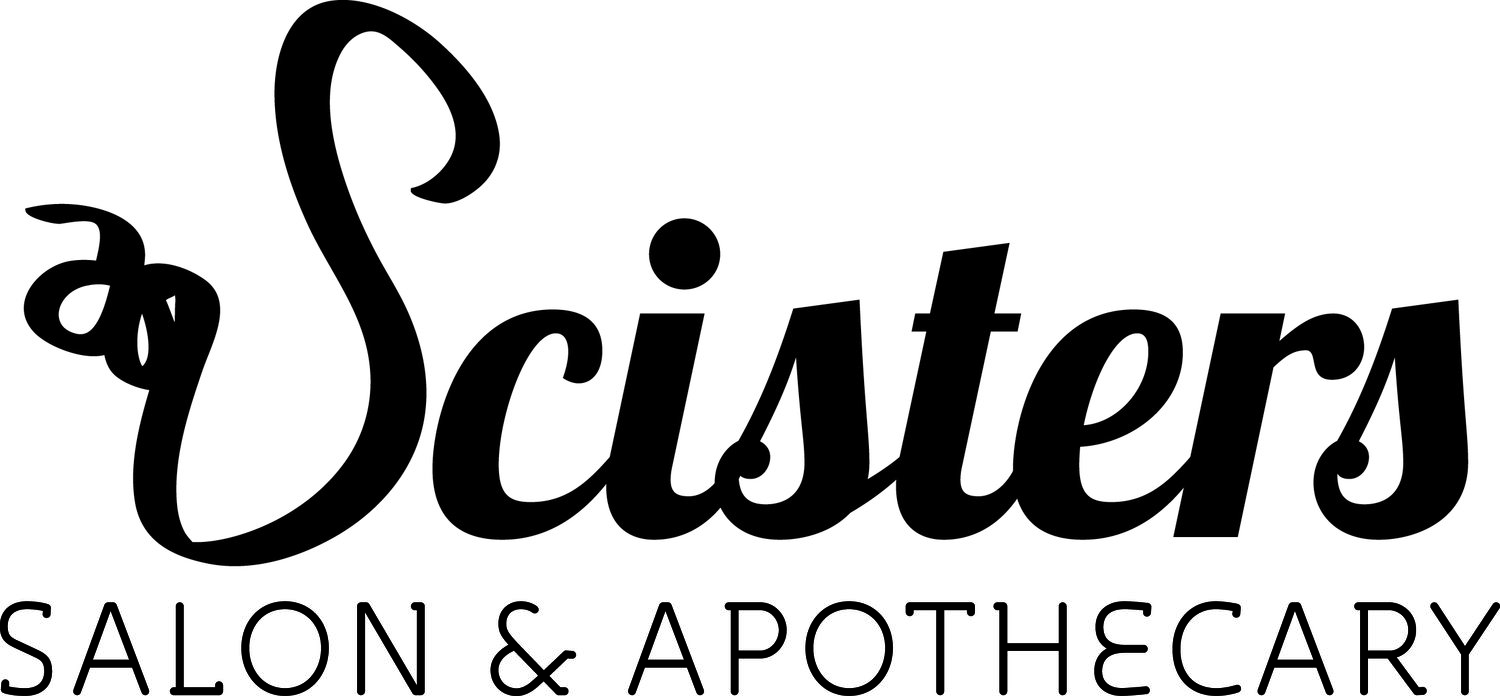Does Going Zero Waste Seem Daunting? Try Sorting Properly First
Most of us do not live a perfect zero waste life. It can be really daunting to try eliminating all the plastic from our lives. Since it is Earth Month, I wanted to take the time to discuss one of the ways we can start to make an impact with the waste that we do produce, and that is learning to sort it properly. Putting recyclable materials in the landfill creates unnecessary methane in the atmosphere. It also requires us to mine resources from the planet that already exist in the stream of consumption which can be made more circular. Alternatively, if we are putting our non recyclables in the blue bin, we are contaminating the renewable materials, and likely the whole lot of potentially recyclable materials will end up in landfill. What a waste that you sorted it in the first place. Let’s learn to do it properly since as Americans we make up about 4% of the population, yet produce 12% of the world’s waste.
The following guidelines are from our local municipal disposal company, EDCO. If you have a different waste carrier, please verify this information with them.
Blue Bin
Glass Bottles & Jars- Recycle all food and beverage containers—clear and colored glass.
Cardboard & Styrofoam Packaging- Flatten or cut boxes and styrofoam to a size that fits comfortably inside your recycling cart. No styrofoam packing peanuts.
Newspapers- Recycle your newspaper and everything that is delivered with it—including inserts, coupons, etc.
Cans- Recycle aluminum cans and steel cans—including clean & dry paint cans, and empty aerosol cans. Also, recycle aluminum foil.
Plastic Containers- Recycle all rigid plastics, such as bottles, jugs, and jars, marked to , and all beverage containers labeled “CA Redemption Value” or “CA Cash Refund” including:
Food & Beverage Containers- Milk, soda, water, salad dressings, cooking oil, yogurt containers, cottage cheese containers, etc.
Jars & Canisters- Peanut butter jars, mayonnaise jars, aspirin bottles and 35mm film canisters.
Cleaning Products & Detergents- Bleach, detergent, soap, shampoo, drain cleaners, etc. (Containers must be empty.)
Automotive & Yard Care Products- EMPTY motor oil, antifreeze, plant food and herbicide containers.
Miscellaneous Rigid Plastics- Including, but not limited to, plastic buckets with metal handles, plastic drums, totes & empty garbage cans, plastic milk crates, kitty litter buckets, laundry baskets, lawn furniture, and pet carriers, plastic toys, plastic agricultural trays/pots, plastic pallets, and other mixed plastic containers.
Mixed Paper- Recycle virtually all clean and dry paper including: writing paper (all colors), computer paper, Xerox paper, “no carbon required” (NCR) forms, catalogs, brochures, magazines, junk mail, phone books, post-it type notes, and shredded paper (place shredded paper inside paper bags to contain shreds). EDCO accepts them all, PLUS if those items have staples, window envelopes, or even those little metal clasps on legal envelopes, they’re OK, too! But, please, no large metal items like clasps on Acofastener notebooks or 3-ring binders.
You can also recycle cereal boxes and other clean food packaging, including cake boxes, flour bags, frozen dinner boxes, paper egg cartons, and soda/beer 12-pack carrying boxes. Also recycle paper grocery bags, gift boxes, shoe boxes, paper gift wrap, calendars, and core tubes from paper towels, etc.
Cartons- To recycle cartons, place empty cartons in recycling cart along with all paper, metal, plastic, and glass recyclables accepted through the program.
*All food and beverage containers do not require rinsing as long as they are empty and free of food and liquids.
Recycling Alternatives:
Plastic grocery bags can be returned to grocery stores for recycling or they can be reused.
Batteries and light bulbs need to be disposed of properly and not placed in trash or recycling containers. Visit the EDCO website for proper disposal of HHW items.
Large items
Items that are too large to place in blue recycling cart can be dropped off at no cost at any of their Buyback Centers.
NON-RECYCLABLES include:
plastic bags
newspaper delivery bags
ceramics
light bulbs
window glass
mirrors
wax paper
food-soiled paper
Green Bin
Organic waste is a renewable natural resource, and it mainly comes from yard and kitchen waste from homes, food waste, and industrial and commercial operations scraps. Mandatory recycling of organic waste is the next step to achieving California’s Zero Waste goals.
Recycling organics is easy and convenient with EDCO’s commingled Organics Recycling program. EDCO has expanded its source-separated green waste collection to include recycling food waste. The service allows customers to place food scraps in the same container as green waste. EDCO’s new Organics Recycling program is a foundation for your community to achieve State mandates, including AB 1826, AB 1594, and SB 1383, which are directly related to organics recycling in the State of California.
grass clippings
brush
weeds
hedge trimmings
branches
leaves
palm fronds
ice plant (in small amounts only due to weight)
ivy
flowers
Halloween pumpkins
Christmas trees (NO flocked trees)
untreated and non-lead based painted wood
food scraps
food-soiled paper
Place recyclable organics directly into your designated green collection container. Do not use any kind of plastic bags (including certified compostable or biodegradable bags) for any type of green waste, food waste, or other organics collection or disposal, as they contaminate the Anaerobic Digester! All organic material must be placed loosely inside the green container for collection. Paper bags are acceptable.
The following materials can not be put in your designated green organics recycling container:
No plastic bags.
No trash or hazardous waste.
No animal waste.
No dirt, rocks, asphalt, concrete, sand, etc.
No treated or lead-based painted wood or lumber.
Everything else goes into the gray bin and is waste for landfill. See if you can focus on sorting properly first, then you can focus on reducing the waste further. You may be surprised at how little you actually have to send to landfill once you are putting all your food scraps in the green bin and recycling properly.



